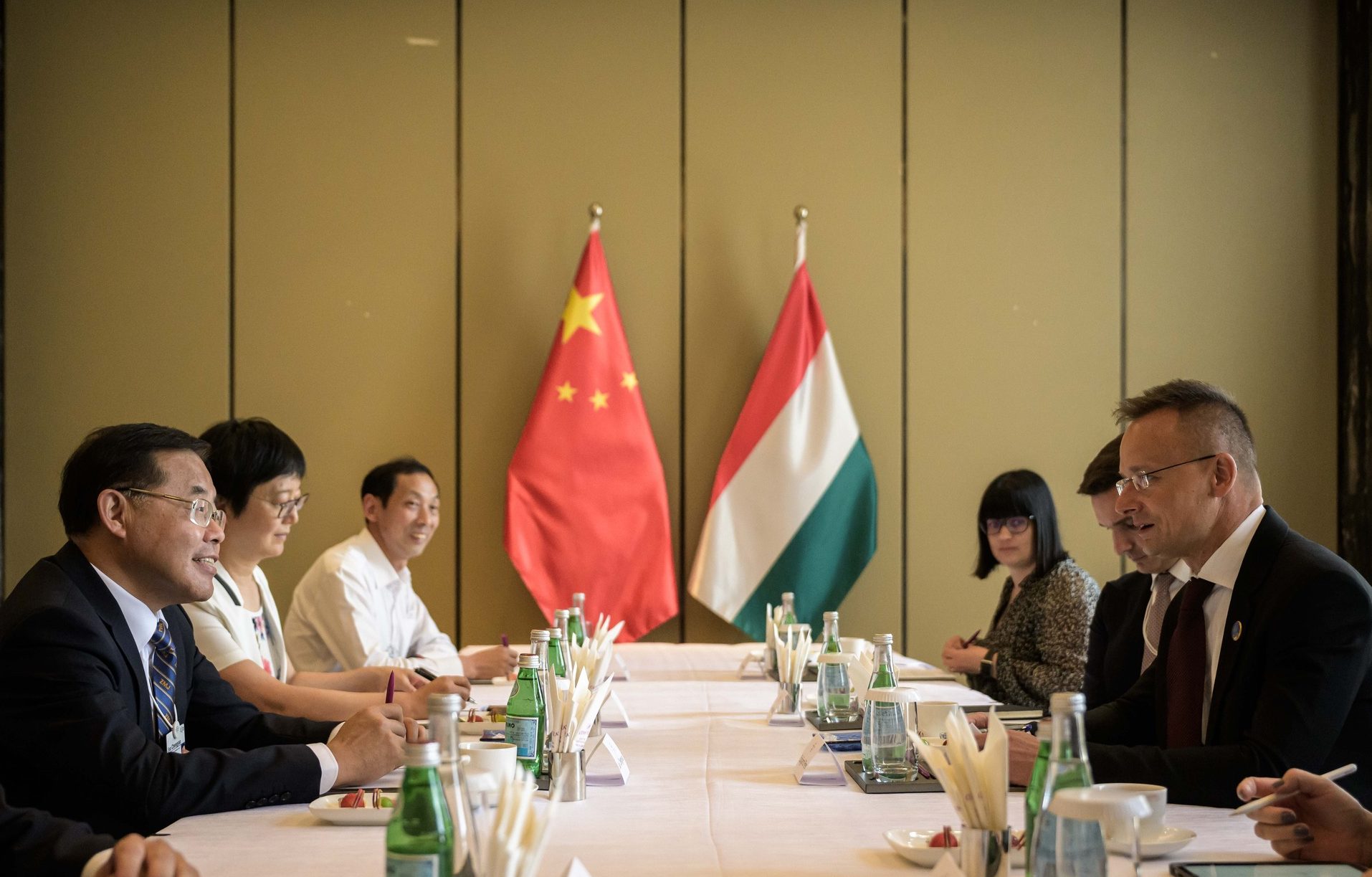
After 2020, Chinese companies will continue to bring the most investment to Hungary this year.Continue reading
On Monday, the executives of Chinese company Jiecang Linear Motion Technology Co. Ltd. announced the construction of a new plant in Kaposvár (a city in Southern Transdanubia), at a press conference presenting the project planned in the Somogy county seat.
The plant is to be built at a cost of more than 60 million euros (about 23 billion forints) and will start operations by the end of next year. Moreover, it will be the Chinese company’s European logistics center. Sun Honguang, who is in charge of the project in Hungary, said the investment will be carried out in two phases.
They plan to generate annual sales of 80 million euros, creating more than 200 jobs,
he added.
The project manager said the investment company was founded in 2000, and has been a listed company since 2018. Its main profile is the development, production, and sale of products for linear motion.
Their products provide linear motion for smart office and healthcare equipment, housing, and industrial automation.
According to Sun Honguang, Jiecang Linear Motion achieved a turnover of 450 million euros last year.
Hu Renchang, chairman of JIECANG, said that they see huge growth potential in the European market and that
Hungary is located in the middle of the continent with good transport links, which is why they are setting up a factory here after the US and Malaysia.
He stressed that his company respects local culture and rules and invests heavily in environmental improvements, for which it has already received recognition from the US and Malaysian governments.
The chairman also thanked the Mayor of Kaposvár and his company’s headquarters in Xinchang County in Zhejiang Province, for supporting the new project.
The Mayor of Xinchang, Mr. Wang Qizhou, said that four percent of his city’s budget is spent on development and research, and that there is also a strong emphasis on industrialization. More than 16 listed companies operate in their municipality. One of the “most prominent” of these is Jiecang Linear Motion, with more than 3,000 employees,
planning to produce 500,000 smart office motion systems and 150,000 medical mobility systems a year at its new Hungarian factory.
“The project will play an important role in deepening the relationship between the two cities,” he said.
Károly Szita (Fidesz-KDNP), Mayor of Kaposvár, called the new investment a celebration for the city’s prosperity. He recalled that one of the important objectives of his municipality is to
ensure that everyone who wants to work can do so and receive a salary that allows them to live well.
This is why the 21st century re-industrialization program was launched, with two main sectors, food and machinery, being highlighted, he said.
He underlined that the first tenant of the city’s 170-hectare Northern Industrial Park will be the Chinese company on 10 hectares. They will get all the help they need to cut the ribbon by the end of next year, he promised.
The Mayor of Kaposvár pointed out that
Xinjiang, with a population of 420,000, is the most dynamically developing city in China,
and that he has agreed with its mayor to establish close cooperation between the two municipalities in economic and other fields. Károly Szita also thanked the Hungarian government for supporting the Chinese investment.
Featured image: Facebook/Borhi Zsombor